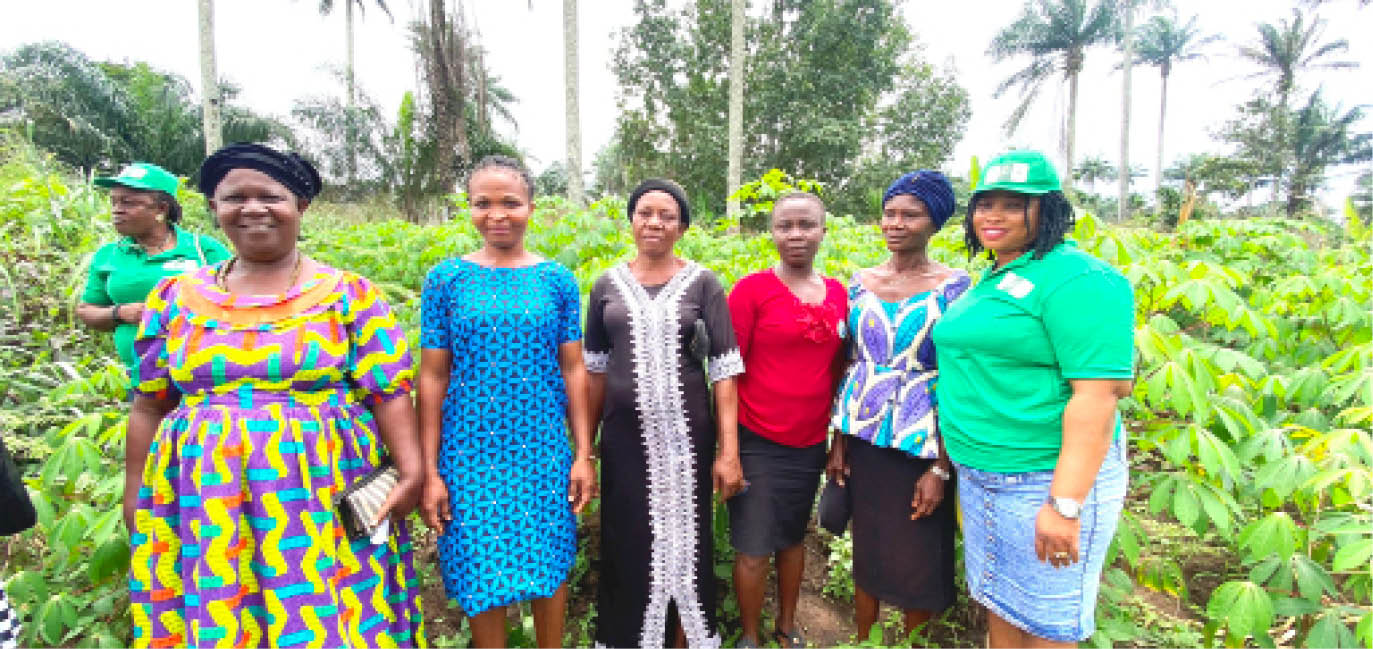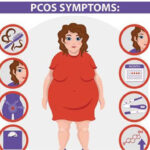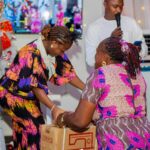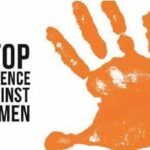The Nigeria for Women project aims to support government’s goal of ensuring gender equality and improving economic development by using methods that contribute to women’s sources of income, the wellbeing of individual households and communities at large. Daily Trust on Sunday reports on the progress of this project in Abia State.
Nigeria For Women is a World Bank-supported project initiated by the Federal Government of Nigeria and coordinated by the Federal Ministry of Women Affairs and Social Development. The project is being carried out in six states, each representing one of the country’s geopolitical zones.
Abdulrauf: Exit of a dutiful fellow
Unknown hidden powers of women against unfaithful men
The Nigeria for Women Project (NFW) is a five-year (2018-2023) project funded by the International Development Association to the tune of $100 million.
The Abia State Nigeria for Women Project was declared effective on the 27th of May 2019 after the Abia State government, led by Governor Okezie Ikpeazu, signed the Legal Loans Agreement and paid the contributory fund of N50m.
The Project’s mode of operation includes guiding women in the project communities to form Women Affinity Groups (WAGs). Women over the age of 18 are encouraged to form and participate in Women Affinity Groups (WAGs) activities. The set goal is to have 54,000 individual beneficiaries organised into 3,600 WAGs per state.
During a visit to Abia State, Acting Permanent-Secretary of the Abia State Ministry of Women Affairs and Social Development, Reverend Jane Omereonye, noted that NFWP has been very efficient and beneficial to the women in Abia State.
Rev Omereonye also mentioned that the Abia State government submitted an Expression of Interest to expand the project from the three currently covered to all 17 LGAs in the state due to the positive stories shared by participants.
According to the data presented, WAG members have been able to raise over N281.9m in loan funds from savings contributed at weekly meetings, as well as other administrative costs and fines.
A total of 12,899 beneficiaries received N60,000 grants totalling N772,946,300.00 to expand existing businesses, create businesses, or diversify into other businesses. Additional 29,942 women who have recently developed business strategies will earn livelihood grants as soon as the paperwork is completed. The payment is still being made as over 54,000 women are expected to receive grants by the end of the project.
Also 62,000 women have successfully completed training sessions in the following areas including introduction to savings and credit, financial education, business skills, and gender and life skills training.
Rev Omereonye said that; “In Abia State, the project can be termed successful as we have been able to hit the target of making 54,000 women beneficiaries in the state. The program has bebn very impactful to the women in the state, especially those in the rural areas. So many women have been uplifted from poverty through the project.
“Even those who are yet to receive their livelihood grants through their social funds and loans have been able to improve their businesses. I remember meeting a lady who told us how she borrowed forty-something naira from her WAG’s savings fund, invested it in her business, and was able to repay the loan entirely.
“She expressed gratitude and stated that if it had been before, she would have borrowed money from loan sharks and repay with high interest. That is just one out of a thousand success stories we have in the state,” she added.
Another visit to one of the three implementing local government areas – Isiala Ngwa North, proved that indeed the women of Abia State had their fair share of success stories to tell.
Head of the Royal Women WAG, Benedicta Nwokeoma, told Daily Trust on Sunday that she and members of her group rented five plots of land on which they cultivate and sell cassava and corn using a N75,000 loan from their WAG contributions.
She said that “During our weekly WAG meetings, each of our members is expected to make a contribution to the WAG savings. It was from the money saved that we teamed up to rent the five plots of land and began planting cassava and corn.
“From what we have planted so far, once it’s harvest season, we are assured of making at least N150,000 from the produce. This is the first time women in our community will be coming together to conduct a social experiment. We worked together to weed, plant, and manage the farm. We come here to work peacefully and live happy.”
Another Royal Women WAG member, Mrs Amalaha Gladys, said after receiving her livelihood grant of N60,000, she was able to buy a cassava grinding machine which she has used to build a lucrative business.
She told Daily Trust on Sunday that; “Since I started the cassava grinding business, I have been able to contribute to the financial welfare of my family. Also, once the cassava on the farm is ready for harvest, I’m the one to grind it, and that also brings in a lot of money.”
A 70-year-old member of the Royal Women WAG, Rose Onyedinelu, who expressed gratitude for the project, mentioned that with the livelihood grant, she went into petty trading and is now able to cater to her daily needs.
She said; “With the grant I was given, I was able to rent a small kiosk that’s in front of my house. Food is a necessity, so I’m able to make sales daily and with that I can take care of myself and pay my annual shop rent which is N12,000.”
A member of the Progressive Women WAG in Umukalu community in Isiala Ngwa North, Jane Onyedika, said that joining a WAG was what helped her to start up her poultry business.
She stated that; “After being met by the WAG facilitator, I was sceptical about joining because I have a history with these empowerment schemes and they never worked. When I joined, I started saving small like N200, N500 or N1000 weekly and was later able to assess a N30,000 loan.
“With that money, I was able to buy two bags of chicks and bought feed on credit. Depending on size, a matured chicken is sold between N3000 and N4000. I was able to sell out the chicken, paid the N30,000 loan and paid for the feed I took on credit. Currently, I have 85 chickens and a customer who’s ready to make payment for 80 pieces.”
Mrs Onyedika noted that since being financially empowered, she has been able to cater to so many of her needs such as sending her son to Onitsha for apprenticeship.
She said; “With this business, I don’t have to depend on anyone for the things I need. I’m able to take care of myself and my family. After trying for so long, I was able to raise the sum of N120,000 to send my son to Onitsha for apprenticeship.”
Evelyn Jacobs is another happy beneficiary of the project. She said that she was introduced to WAG by a family friend. After joining the group and making a total contribution of N4000, she was able to borrow N12,000 to improve her tailoring business.
She also mentioned that “After my contributions reached N28,000, I was able to take another loan of N72,000 to start a baby essentials trade. When I started the business, it was moving well and after receiving my livelihood grant, I was able to grow the business more. I can boast of making at least N120,000 monthly from the business.
“I’m very glad and thankful for an initiative like this. The impact and benefits are so awesome that even my mother-in-law had to sign up for a WAG after seeing my financial growth. My husband is the one who drops me at my weekly WAG meeting because he too is enjoying the benefits.”
Even with its success stories, the project is still met with certain challenges such as the insecurity in the state which doesn’t allow the women move freely to attend to their businesses.
There is also the challenge of discrepancy of names of some WAG members on bank account details and personal means of identification which has prevented some of the beneficiaries from receiving their livelihood grant.
Nonetheless, the Abia State Project Coordinating Unit has made it a major focus to ensure that all registered beneficiaries receive their grant.

 Join Daily Trust WhatsApp Community For Quick Access To News and Happenings Around You.
Join Daily Trust WhatsApp Community For Quick Access To News and Happenings Around You.


